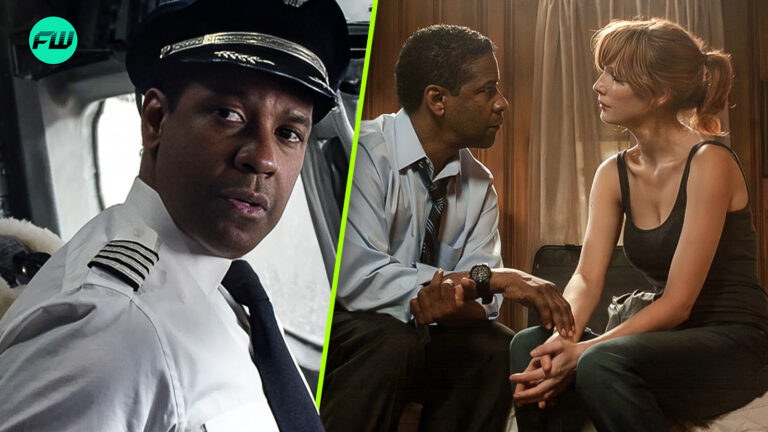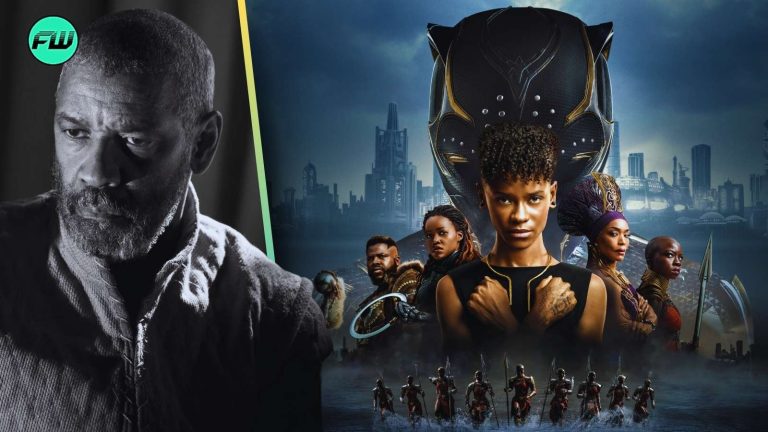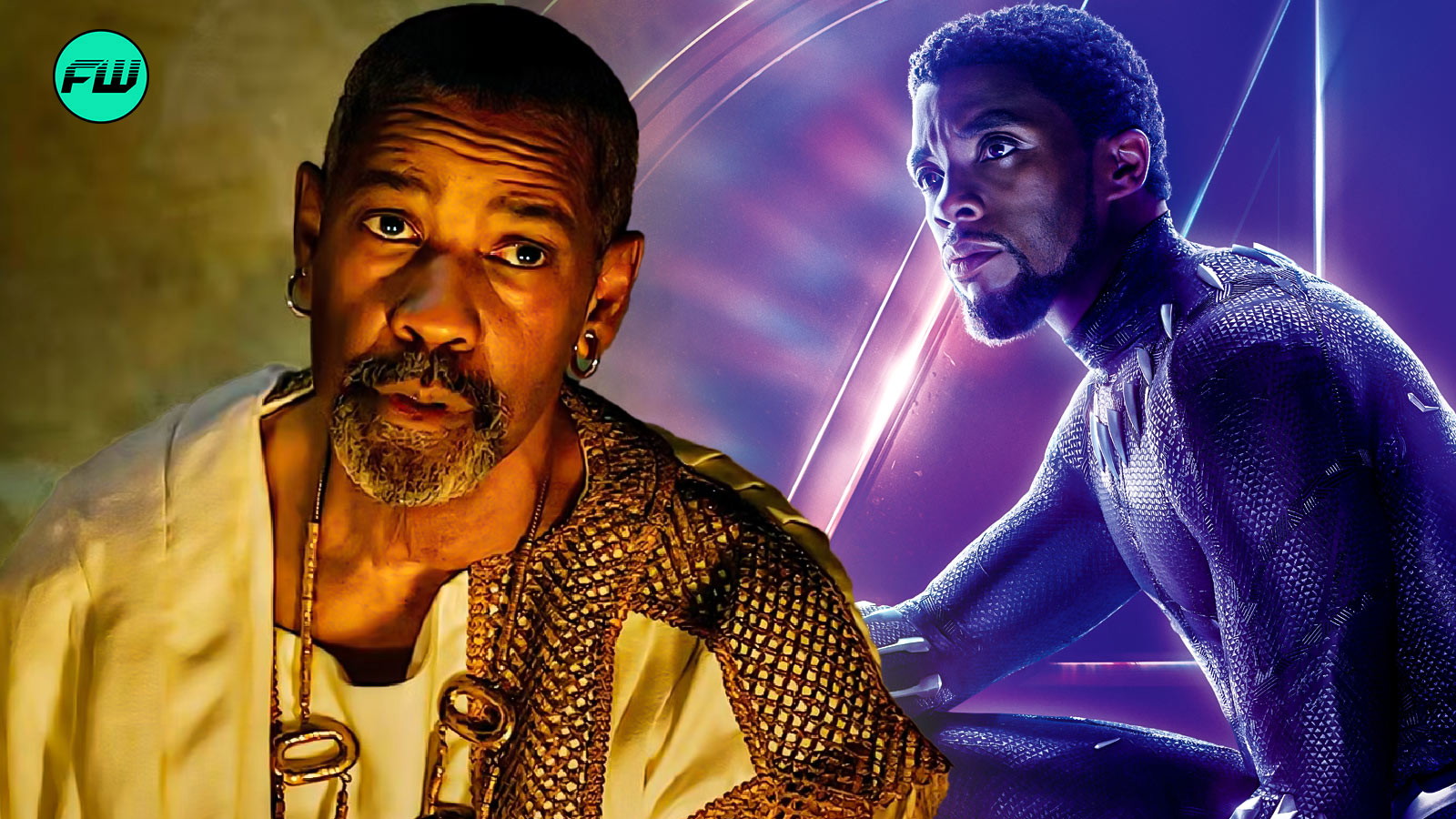
Denzel Washington is the epitome of craftsmanship on the silver screen. During his illustrious career spanning over four decades, he’s carved a path through Hollywood, blending raw intensity with a quiet grace that’s made him a household name and a two-time Oscar winner. The Malcolm X actor recently appeared in the two-part Apple TV+ documentary film celebrating Black artists’ legendary contribution and experience in Hollywood.
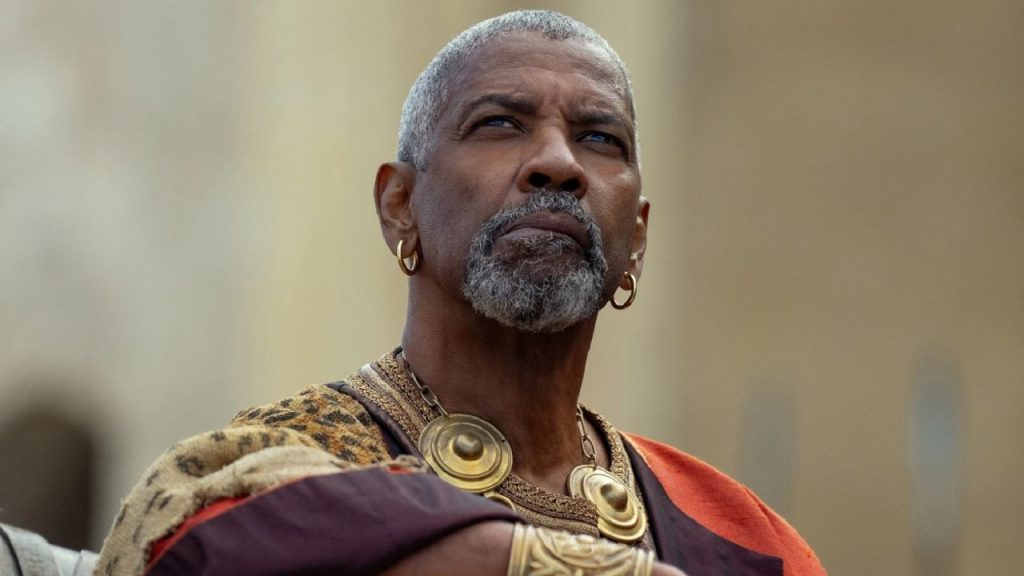
As he reflects on his career in the new Apple TV+ documentary, including an emotional nod to Black Panther, it sheds light on what makes Denzel, well, Denzel, and why he remains a titan in the game. Washington reveals a softer side that sheds tears not for tragedy but for triumph.
His candid admission about crying during Black Panther and his reflections on Black excellence in Hollywood offers a rare glimpse into the heart of a man who’s seen the industry transform before his eyes.
Denzel Washington’s tearful ode to Black Panther
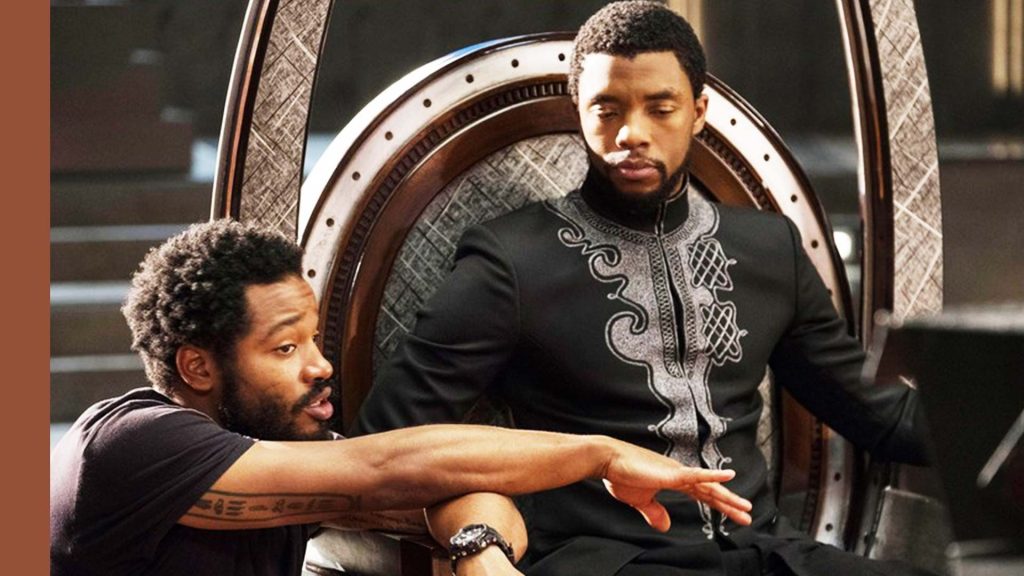
Imagine Denzel Washington, a man who’s faced down Shakespearean tragedy and Hollywood’s toughest roles, sitting in a darkened theater, eyes glistening. It wasn’t a melodrama or a gut-wrenching drama that moved him; it was Black Panther, the 2018 superhero epic directed by Ryan Coogler and starring Chadwick Boseman.
The Equalizer actor, Washington, confesses in the documentary Number One On The Call Sheet:
I cried a little bit when I saw Black Panther. I was on Broadway [in The Iceman Cometh], in fact, and I went to the premiere, and I wasn’t interested in the red carpet and all that. So I went backstage, and I saw Chad and Ryan. I spoke to them, and then I sat down and watched the movie.
And I felt like the baton had been passed. I was like, ‘Wow, these young boys are gone,’ you know. I felt, I don’t know if the word is ‘relieved,’ but I was proud to see what they had done and seeing where they were headed. (Via. People Magzine)
His voice carries the weight of 40 years in the game. For him, Black Panther wasn’t just a movie but a torch-passing moment, a seismic shift in the landscape he had been a part of. With its vibrant Afro-futurist vision and unapologetic celebration of Black heroism, it wasn’t just a blockbuster but a cultural shift.
For Washington, seeing Boseman and Michael B. Jordan embody two princes” in a way he had never witnessed before was a testament to how far the industry had come and how much further it could go. The Black Panther actor Chadwick Boseman sadly passed away in 2020 after battling colon cancer, about which the public was unaware.
Number One On The Call Sheet: Denzel Washington features embodying Black excellence along with others
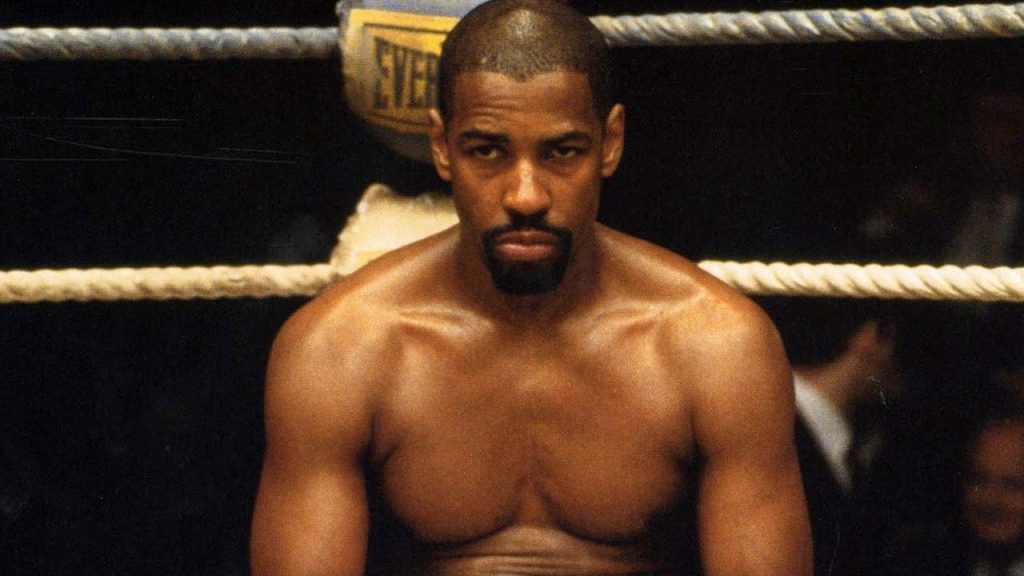
The documentary Number One on the Call Sheet, streaming now on Apple TV+, isn’t just about Denzel Washington’s tears. It’s a bold, two-part tribute to the resilience and brilliance of Black actors in Hollywood. It is Split into “Black Leading Men in Hollywood,” directed by Reginald Hudlin, and “Black Leading Women in Hollywood,” helmed by Shola Lynch.
The series gathers a constellation of stars: Eddie Murphy, Morgan Freeman, Viola Davis, Angela Bassett, and more. Together, they unravel the tangled history of Black talent, from the trailblazers who kicked down doors to the modern icons redefining the game.
Washington’s story is just one thread in this rich tapestry. The documentary digs deep, blending personal anecdotes with big-picture reflections. Laurence Fishburne calls Black Panther a “We never had that before” moment in history, echoing Washington’s sentiment about its revolutionary power. Meanwhile, both the male and female Black actors chime in about what it means to be “Number One On The Call Sheet.” ( Via. Vibe)
Produced by heavyweights like Foxx, Kevin Hart, and Datari Turner, the series doesn’t shy away from the struggles but chooses to spotlight the victories, making it both a history lesson and a rallying cry.
Number One On The Call Sheet is streaming on Apple TV+ now.
This post belongs to FandomWire and first appeared on FandomWire
